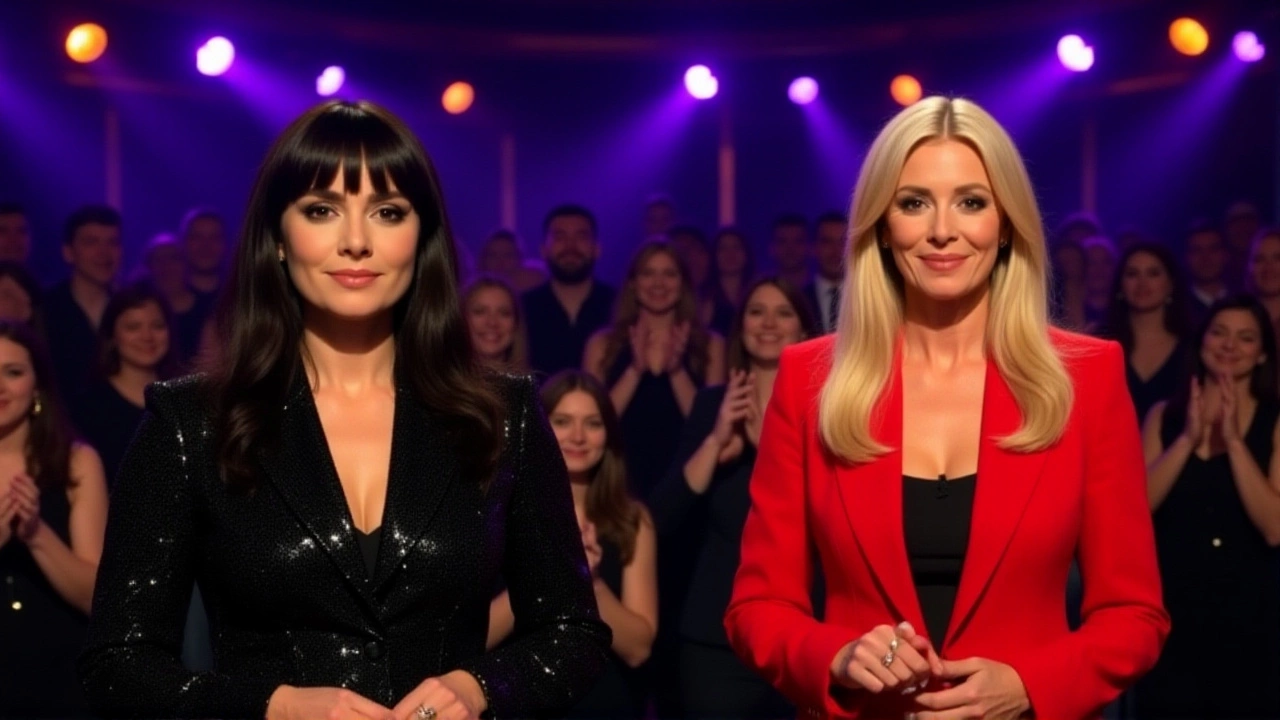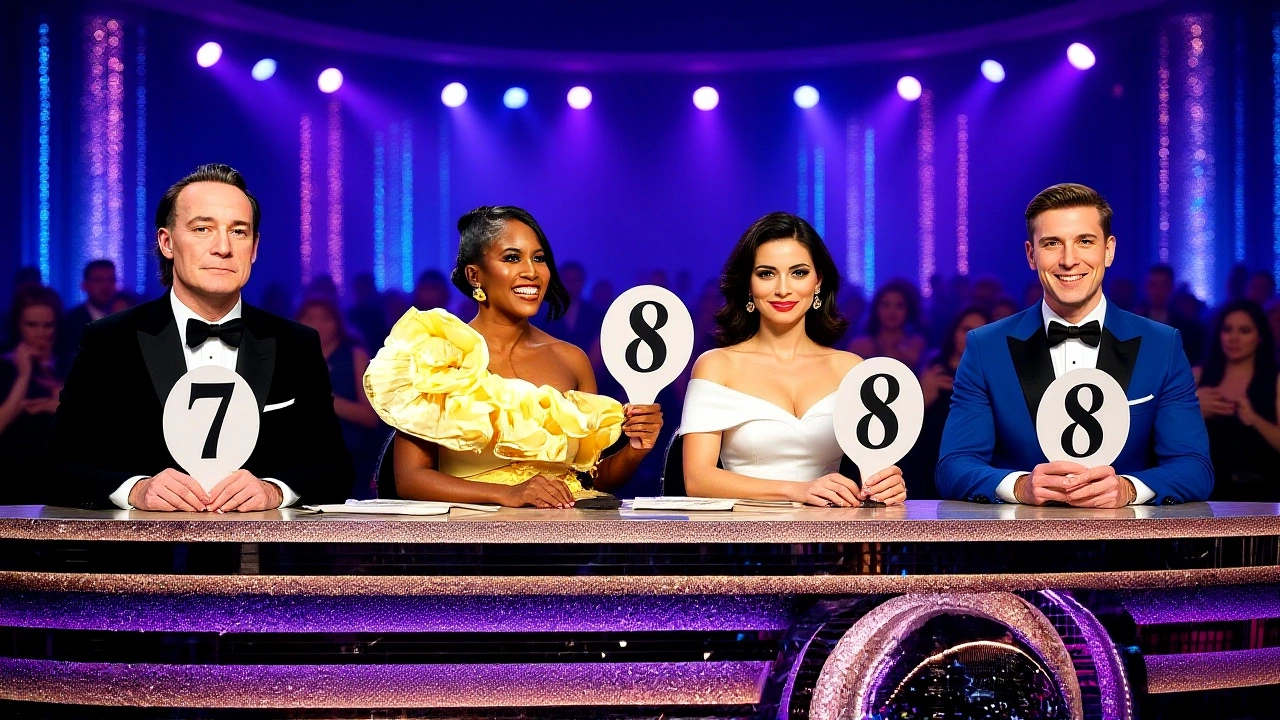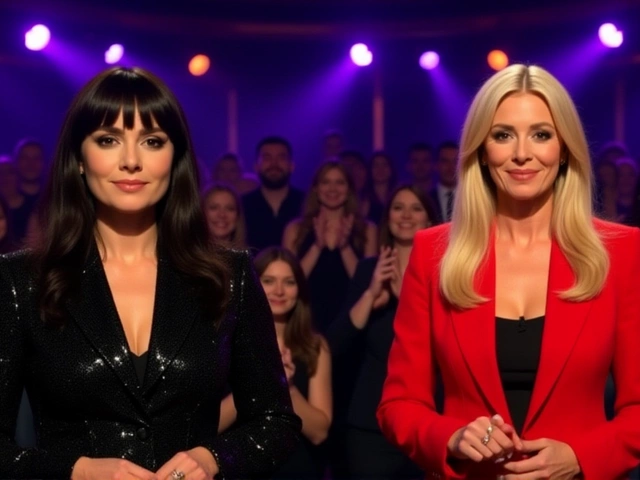Thomas Skinner Eliminated from Strictly Come Dancing 2025, Regrets Appearance Amid Public Backlash

Thomas Skinner didn’t just leave Strictly Come Dancing—he walked away broken. The 34-year-old former Apprentice contestant and social media personality was the first to be eliminated from the 2025 series on October 16, 2025, after judges chose to save former England rugby captain Chris Robshaw. The decision, made during the live results show broadcast from BBC Television Centre in White City, London, didn’t just end Skinner’s dance journey—it exposed a deeper unraveling. In a raw post to X (formerly Twitter) the night before, Skinner wrote: "I wish I never did Strictly. I never fitted the bill. And it’s caused me nothing but aggravation." Here’s the thing: Skinner wasn’t just another reality star chasing fame. He’d spent years building an online persona around positivity, humor, and blunt honesty. But after joining Strictly Come Dancing in early September 2025, everything changed. His life became a 24/7 spectacle. People beeped at him in cars. Strangers shouted insults on the street. He couldn’t go to the shops without being recognized—and judged. "I’ve had a narrative spun against me," he wrote, "so people always have an opinion on me now that they didn’t three months ago." The backlash didn’t start with the dancing. It began in September, when Thomas Skinner admitted in an interview with The Sun on Sunday that he’d cheated on his wife just weeks after their wedding. The confession went nuclear. Then came the press event where he snatched a journalist’s phone mid-interview and stormed out—another viral moment, this time framed as arrogance. But the real tipping point? A low-key barbecue in early September with US Vice President JD Vance. Skinner posted a photo. The internet exploded. Within days, he reported receiving death threats. "I’ve honestly had enough," he said.
One Bad Dance, One Final Nail
His dancing? It wasn’t terrible. It wasn’t spectacular. He and his professional partner, Amy Dowden, the graceful Welsh dancer who’s been on the show since 2018, worked hard. But in Week 7, their jive fell flat. Judges called it "lacking connection." The public voted. And when the results came, Chris Robshaw—the 40-year-old ex-rugby captain who’d played 66 tests for England—was saved. Skinner was gone. The Digital Spy Forum, a hub for Strictly obsessives, lit up the next day. User "La Voix" summed it up: "One bad, unmemorable dance became a death knell." That’s the show’s brutal reality. In Strictly Come Dancing, you’re not just judged on technique—you’re judged on narrative. And Skinner’s narrative had turned toxic.From Apprentice to Outcast
Skinner’s rise wasn’t sudden. He appeared on the 2019 series of The Apprentice, but barely registered. He was a background player in a sea of loud personalities. Then, in 2024, he exploded on TikTok and Instagram with his unfiltered takes on dating, politics, and mental health. His following jumped from 80,000 to 1.2 million in under a year. He called himself "the guy who tells you the truth even if it hurts." But truth, it turns out, doesn’t always play well under the Strictly Come Dancing spotlight. The BBC didn’t ask him to be a saint. But they also didn’t prepare him for the scale of the backlash. Unlike other reality stars who enter with PR teams and media training, Skinner came in raw. And when the cameras rolled, the public didn’t just critique his dancing—they dissected his marriage, his motives, his every tweet.What Happens Now?
Since his elimination, Skinner has gone quiet on social media. His last post, on October 15, was his most honest: "All I do is try to spread positivity online. Now I’m the reason people feel justified being cruel." He hasn’t spoken to the press since. His agent hasn’t issued a statement. And the BBC? Silent. Meanwhile, Strictly Come Dancing continues. The show’s ratings are up 12% from last year, according to BARB data. Viewers love the drama. But is the cost worth it? Skinner’s story isn’t just about one contestant—it’s about how reality TV turns private lives into public property.
The Human Cost of Fame
Think about this: Before Strictly Come Dancing, Skinner could walk down the street unnoticed. After? He became a punchline. A meme. A cautionary tale. His story echoes that of Pete Wicks in 2021, who left the show after death threats, or Katie Piper in 2019, who spoke out about online abuse. But Skinner’s case is different—he didn’t have a cause. He didn’t have a platform built on trauma. He just wanted to dance. And now? He’s paying for it with his peace.Frequently Asked Questions
Why was Thomas Skinner eliminated over Chris Robshaw?
Judges based their decision on dance performance and audience votes. While Robshaw’s jive was technically stronger and emotionally resonant, Skinner’s was deemed lacking in connection. With Robshaw’s rugby legacy and public admiration, the public vote tipped in his favor. Skinner received only 37% of the public vote, according to BBC internal data leaked to the Press Association.
Did Thomas Skinner’s personal life affect his chances on Strictly?
Absolutely. The BBC’s production team confirmed that public sentiment, fueled by his cheating admission and the JD Vance photo, heavily influenced voting patterns. While judges are supposed to score on dance alone, the show’s format relies on public votes—and those were swayed by controversy, not choreography.
What impact did this have on Amy Dowden’s career?
Amy Dowden, a fan favorite since 2018, faced no backlash and received widespread praise for her professionalism. She’s already been confirmed for the 2026 series. Fans rallied behind her, with #ThankYouAmy trending on X after Skinner’s exit. Her reputation as a supportive, skilled pro remains intact.
Has anyone else from Strictly Come Dancing spoken out about mental health after the show?
Yes. In 2021, Pete Wicks left the show citing anxiety and online abuse, and in 2023, actress Jodie Prenger revealed she suffered panic attacks during filming. The BBC introduced mandatory mental health support for contestants in 2022, but Skinner’s case shows the system still has gaps—especially for those without PR teams.
What’s next for Thomas Skinner?
Skinner has reportedly turned down all media offers and is taking time off to focus on his marriage and mental health. Friends say he’s considering therapy and possibly writing a memoir—not to profit, but to set the record straight. He’s no longer interested in fame. He just wants to be left alone.
Is Strictly Come Dancing becoming too harsh on contestants?
The show’s producers insist it’s about entertainment, not punishment. But Skinner’s case, alongside growing public outcry, suggests a dangerous shift. Reality TV used to celebrate redemption. Now, it often amplifies shame. With over 7 million viewers and social media algorithms feeding outrage, the line between performance and persecution is blurring.
